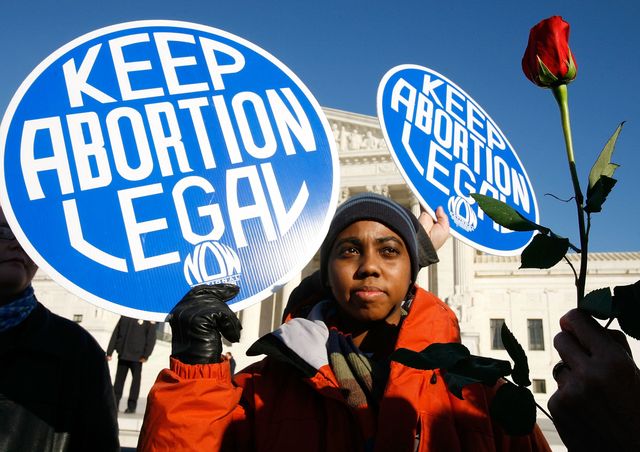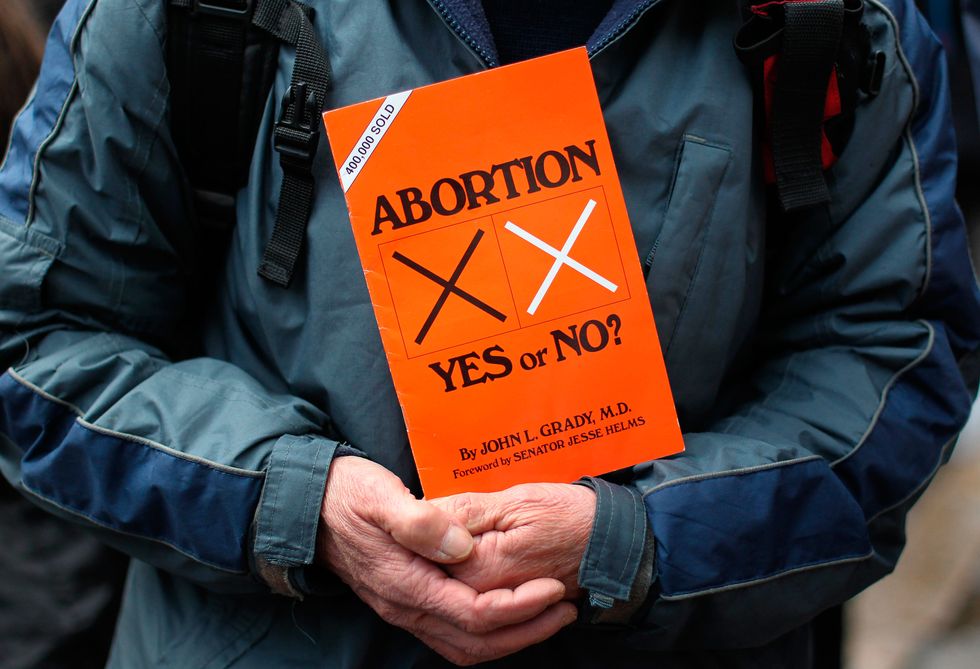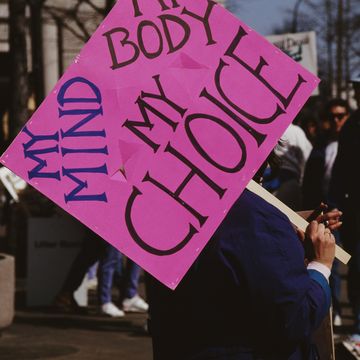The Irish government has confirmed it will hold a referendum in 2018 on whether to change the country's laws on abortion.
Ireland is notoriously strict about abortion in comparison to other European countries. The Eighth Amendment of the Irish Constitution, which was introduced in 1983, gives unborn children an equal right to life.
Currently, a woman found to have had an illegal abortion in Ireland faces up to 14 years in jail. It is legal, however, for a woman to travel abroad for a termination, meaning many pay thousands to travel overseas. In 2016, it was estimated that 3,265 women and girls gave Irish addresses at UK abortion services.
Prime Minister Leo Varadkar said the vote will take place next May or June, with voters deciding if abortion should be made legal "in almost all cases".
"Any amendment to our constitution requires careful consideration by the people," Varadkar announced in a statement. "They should be given ample time to consider the issues and to take part in well-informed public debate."
In 2013, new rules came into effect that allow abortion when the mother's life is in serious danger. However, the new law did not include cases of rape, inevitable miscarriage or women who can't afford to care for a child.
Linda Kavanagh, spokesperson for the Abortion Rights Campaign, said the organisation welcomes news of the vote, but hopes it will provide broader access than the legislation which was passed in 2013.
"We have all waited long enough to be allowed to make decisions about our own bodies," Kavanagh told Cosmopolitan. "However we reserve judgement until we see the wording of the referendum." She added:
"The Citizens Assembly recommendations show that once people are well informed they see the need for broad access to abortion. We fear that the wording of a referendum will offer only very limited abortion access and repeat the failures of the Protection of Life During Pregnancy Act (2013). We need broad-based legislation so that real and realistic access is given, otherwise thousands will still travel or break the law by importing and taking abortion pills. It is vital that the government realise that the 30,000 plus people who take to the streets on Saturday for the March for Choice are doing it because they want free, safe and legal abortion access."
Protests against Ireland's abortion laws have been going on for some years. In March, campaigners gathered in Dublin and in other cities around the world to demand a referendum. People were encouraged to take the day off or show solidarity by wearing black as part of the 'Strike 4 Repeal' campaign.
After Ireland voted to legalise same sex marriage in 2015, many are hopeful that this referendum will help the country reach another milestone in its transition towards a more liberal society.














